Add items to get a Free Gift!
Hair Growth Tips
Testosterone and Hair Loss: Is There a Connection?
If you are experiencing hair thinning, it might be because of fluctuating testosterone levels. The male sex hormone is typically present in both men and women. From developing secondary sexual characteristics, stimulating sex drive, to strengthening body muscles, it serves a slew of purposes. Note that the level of testosterone production decreases as men age.
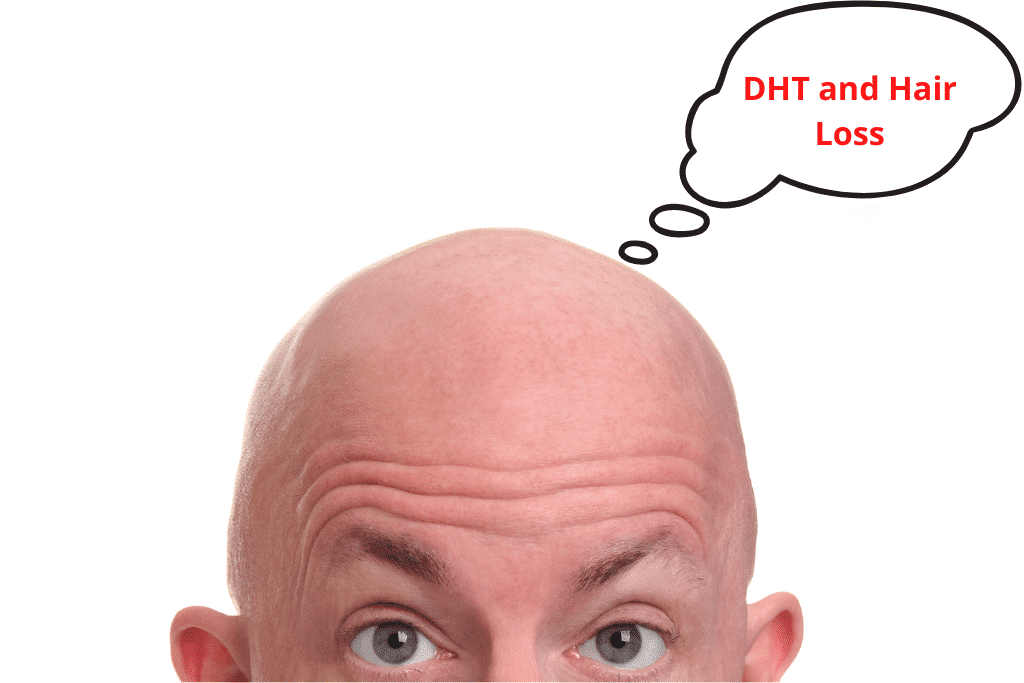
It is important to keep in mind that both very high and low-level testosterone can result in hair loss among men and women. But is it really the testosterone levels that cause hair loss, or are there other factors that lead to your condition?
Read on to learn useful information to help you understand the link between testosterone and hair thinning.
Table of Contents
- 1 Can Hormones Cause Hair Loss?
- 2 Role of Dihydrotestosterone (DHT) in Hair Loss
- 3 Hormones and Pattern Hair Loss: The Science
- 4 Can Hormonal Hair Loss be Reversed by Products?
- 4.1 1.) Kiierr DHT-Blocking Shampoo
- 4.2 Zinc PCA to regulate sebaceous glands & block DHT
- 4.3 Green Tea to reduce DHT & Cholesterol and blocks DHT
- 4.4 Kapilarine to stimulate hair regrowth and maintains its strength
- 4.5 2.) DHT Blocking Vitamins
- 4.6 Vitamin B-6, Biotin, Folic Acid
- 4.7 Saw Palmetto
- 4.8 Horsetail extract
- 4.9 3.) Low-Level Laser Therapy
- 4.10 4.) Minoxidil
- 5 Summary: So, Is There a Connection Between Hormones and Hair Loss?
- 6 Testosterone and Hair Loss FAQs
Can Hormones Cause Hair Loss?

You must understand the relationship between hair thinning and testosterone to determine the connection between them. However, the multifaceted relationship is complex as it involves certain underlying factors.
The first thing you need to know is that testosterone is an important hormone in the human body. As mentioned above, it is responsible for various functions that include strengthening bones, mass, improving sex drive, focus, and motivation.
Put simply, if your level of testosterone loses balance, it may affect many bodily functions. There are also studies that relate testosterone to hair loss, specifically dihydrotestosterone. This hormone is an offshoot of testosterone and can be a leading factor in hair thinning on the scalp.
As you may have guessed, testosterone is more present in men than women. However, in some cases, women can also be affected by this hormone. More specifically, women can suffer from hair loss due to levels of testosterone.
Role of Dihydrotestosterone (DHT) in Hair Loss
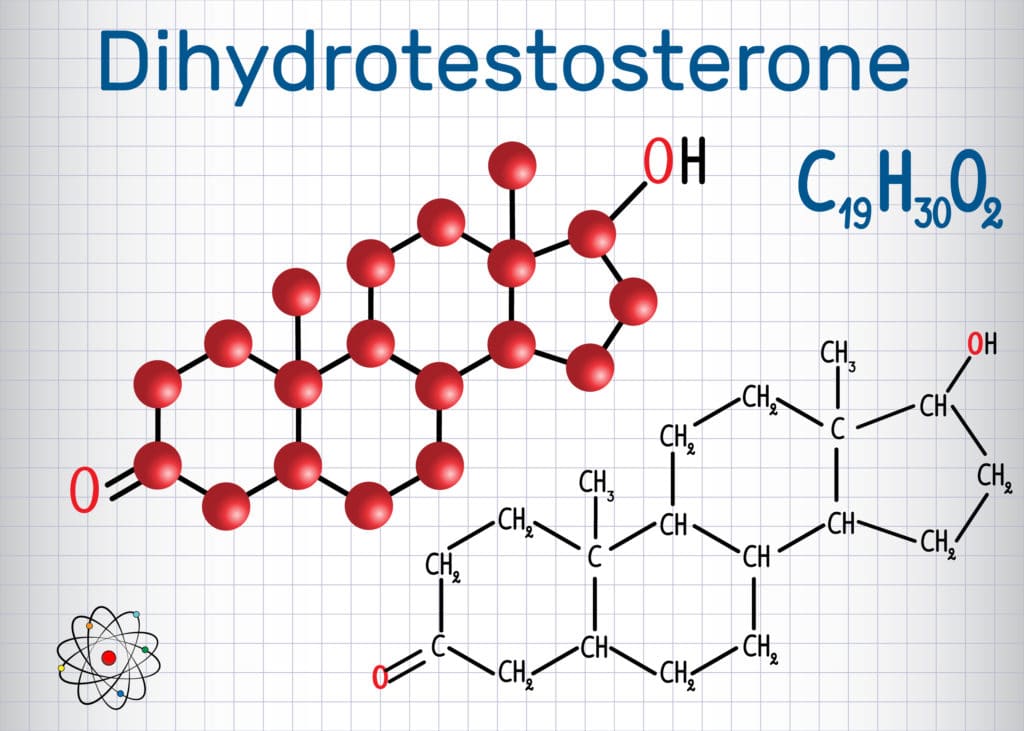
Dihydrotestosterone (DHT) is a testosterone-driven hormone. The enzymes called DHEA and 5-alpha reductase are the key constituents of this hormone. It is abundantly present in your hair, skin, and prostrate and binds itself to hair follicles. Dihydrotestosterone regulates many body areas and is infamous for reducing the size of the hair follicles. It may cause a significant reduction in your hair growth.
The assumption of increased baldness due to the high level of testosterone is based on Dihydrotestosterone’s overproduction. In fact, there is a bulk of anecdotal evidence that shows that increased levels of DHT have caused hair thinning in men and women.
DHT if overproduced can bind to the healthy hair follicles on the scalp and deprive them from oxygen and other nutrients needed to survive. This can decrease growth and cause the hair follicles to die off. As a result, individuals may experience hair loss or hair thinning.
Hormones and Pattern Hair Loss: The Science
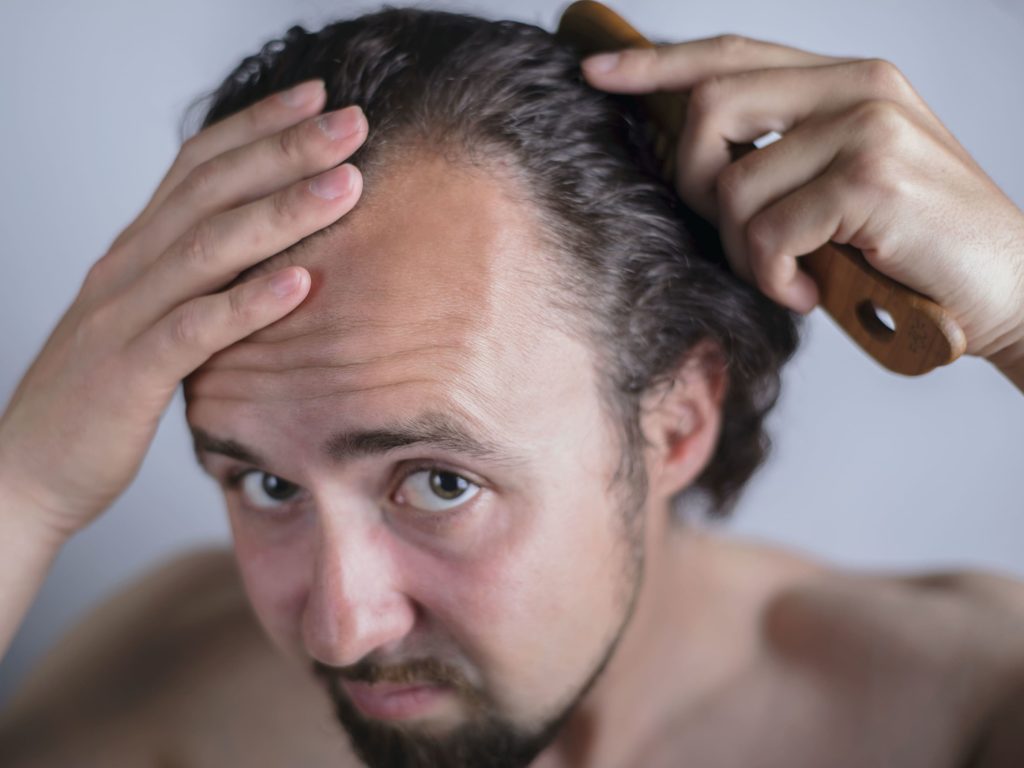
Most studies suggest that the high levels of testosterone in the body may lead to increased DHT production, resulting in thinning hair on the head. That means people who undergo testosterone replacement therapy or receive testosterone injections can sometimes experience hair thinning as a direct result.
There is no conclusive scientific study that shows a “direct link” between hair loss and testosterone. However, the anecdotal evidence shows that many men often notice significant hair thinning if there is an overproduction of DHT in the scalp tissue.
Can Hormonal Hair Loss be Reversed by Products?
The good news is that there are ways to treat hair loss you experience due to fluctuating levels of testosterone. Take a look at a few of the products that can help hormonal hair loss be reversed:
1.) Kiierr DHT-Blocking Shampoo
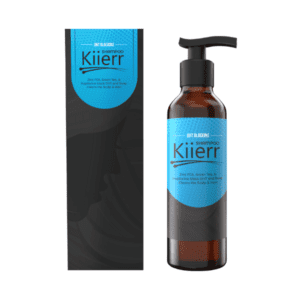
DHT-blocking shampoo is a shampoo that blocks the enzymes that turn testosterone into DHT. Kiierr DHT Blocking Shampoo helps inhibit the conversion of 5-alpha reductase enzymes to DHT – a leading cause of hair loss and thinning – primarily in men. Male pattern baldness, also known as androgenetic alopecia, is the most common type of baldness in men. Hair at the temples and on the crown will slowly thin and eventually disappear. DHT blocker shampoo will help control the production of this hormone.
Some of the active ingredients in this shampoo are:
-
Zinc PCA to regulate sebaceous glands & block DHT
-
Green Tea to reduce DHT & Cholesterol and blocks DHT
-
Kapilarine to stimulate hair regrowth and maintains its strength
2.) DHT Blocking Vitamins
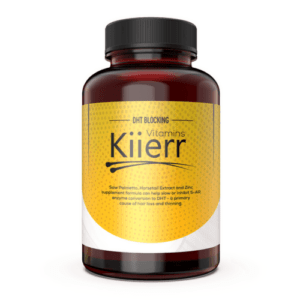
Kiierr DHT Blocking Vitamins help naturally block or inhibit DHT using Horsetail Extract, Folic Acid, Vitamin B, and Saw Palmetto. Nettle has been used to treat hereditary hair loss or BPH. It does this by helping slow the conversion of testosterone to DHT. Saw Palmetto has been shown to lower the levels of DHT in both men and women. It does this by blocking the main enzyme called 5 alpha reductase. Unlike other harsh treatments DHT vitamins are all natural and gentle.
Some active ingredients in these vitamins are:
-
Vitamin B-6, Biotin, Folic Acid
-
Saw Palmetto
-
Horsetail extract
3.) Low-Level Laser Therapy
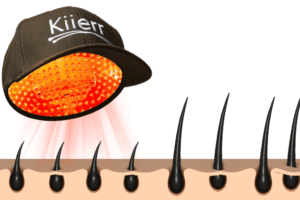
Also known as LLLT, this treatment is effective for both men and women to reduce hair loss in as little as 4-months. The advanced technology stimulates the scalp tissue and hair follicles to help encourage and promote new growth.
LLLT is used in FDA-cleared laser caps which are worn every other day for 30-minutes. This therapy treatment is best paired with DHT-blocking supplements to help combat hair loss from all angles. The LLLT used in conjunction with DHT-blocking products can be the most effective hair growth treatment plan available on the market today.
4.) Minoxidil

Minoxidil is another DHT blocker. It was a medicine for patients who have high blood pressure. As a result, many patients, particularly men, began experiencing hair growth.
This medicine is excellent to widen blood vessels and enhance blood circulation. Topical minoxidil can improve hair regrowth as it increases blood flow to follicles.
Summary: So, Is There a Connection Between Hormones and Hair Loss?
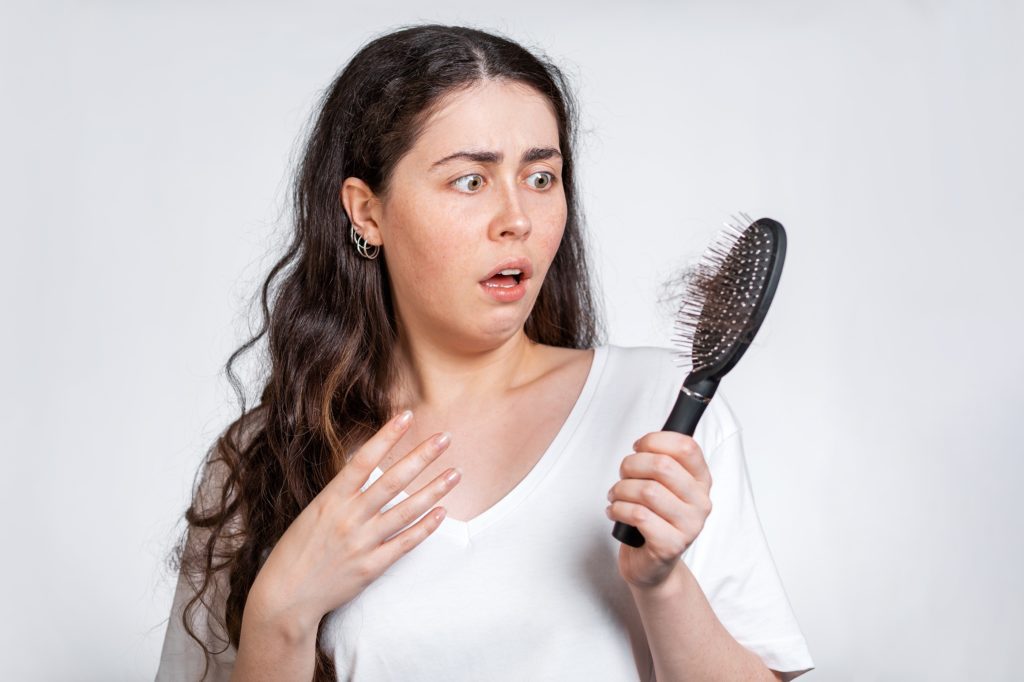
Overall, hormones and hair loss can be connected. DHT (an offshoot of testosterone) can lead to hair loss on the scalps of men and women if it is overproduced. The best way to combat this detrimental hormone is to use DHT-blocking products along with low level light therapy to stimulate new growth in the hair follicles.
We, here at Kiierr, cannot wait to help you in your hair growth journey!
For more in depth information about Dihydrotestosterone, read DHT: The Hair Killer.

 LASER CAPS
LASER CAPS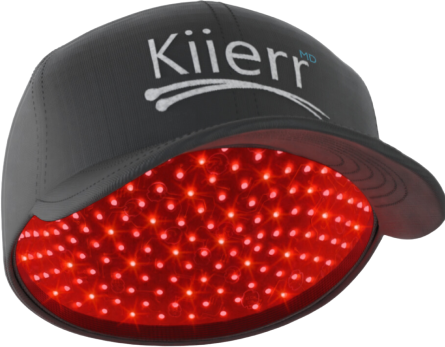



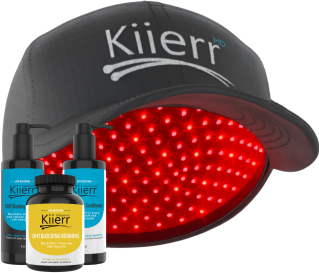
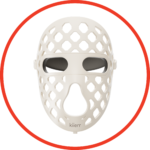 Beauty Products
Beauty Products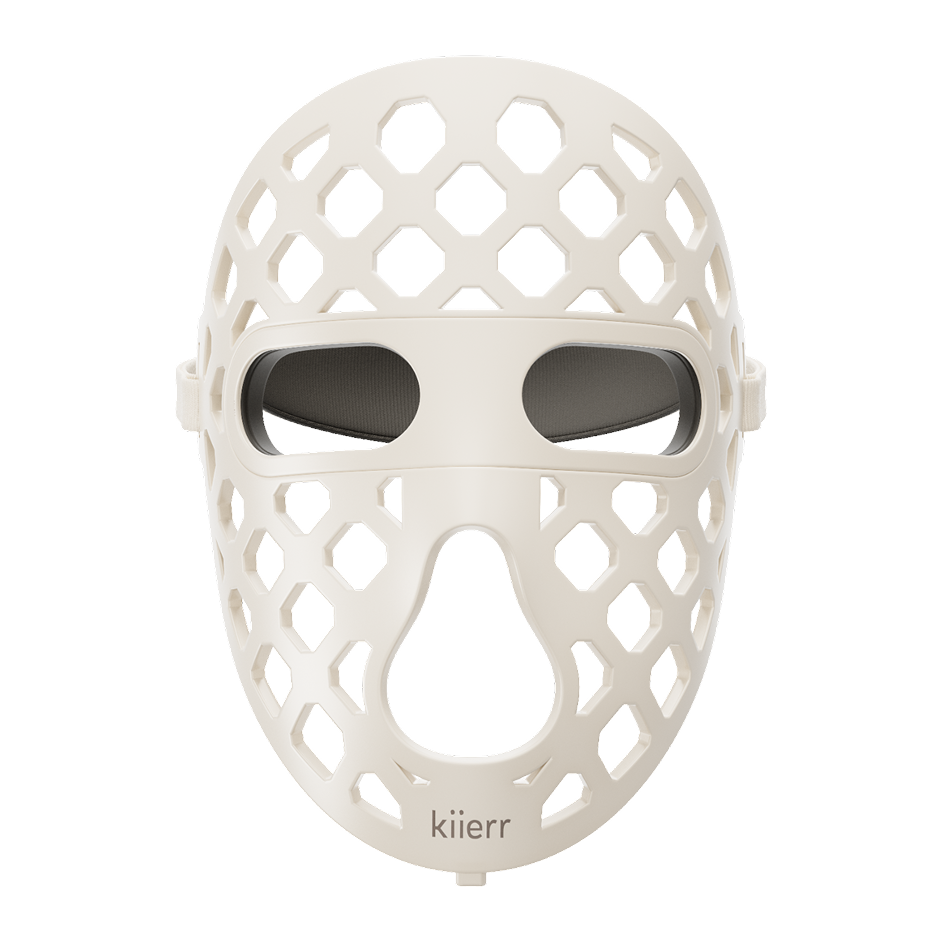





 Daily Deals
Daily Deals RESULTS
RESULTS




